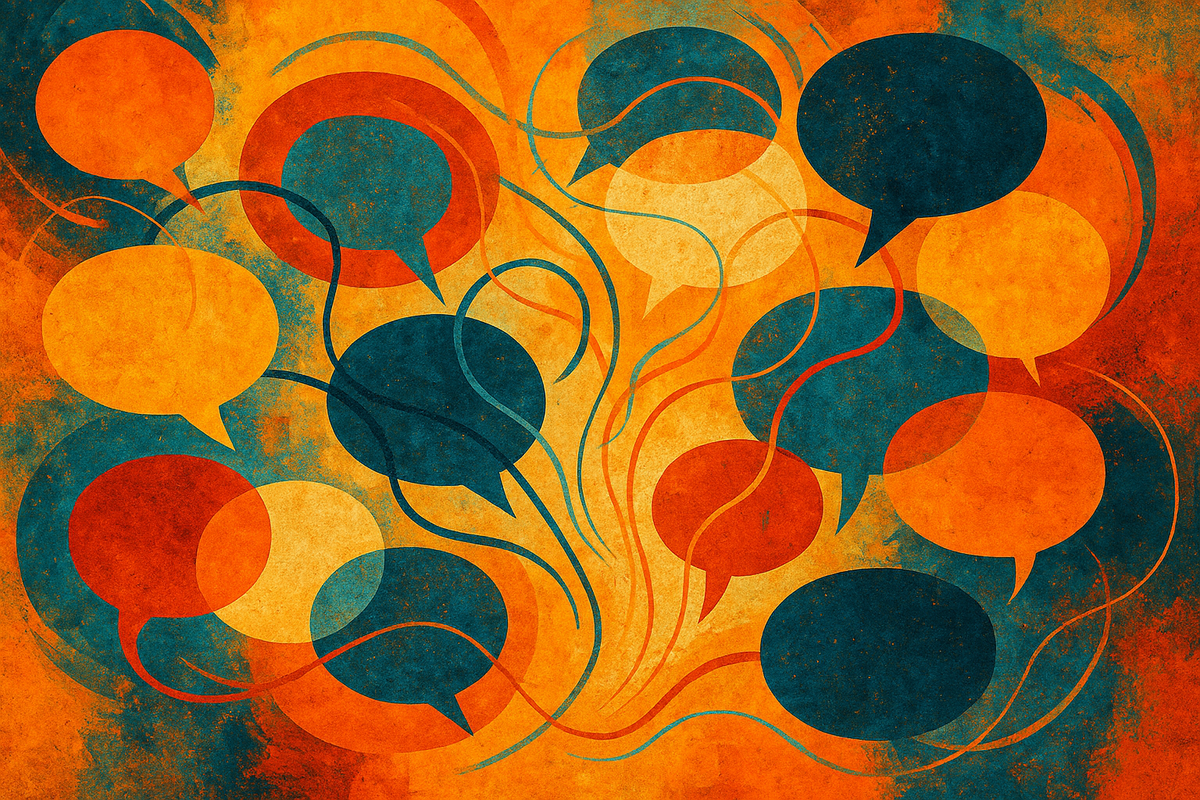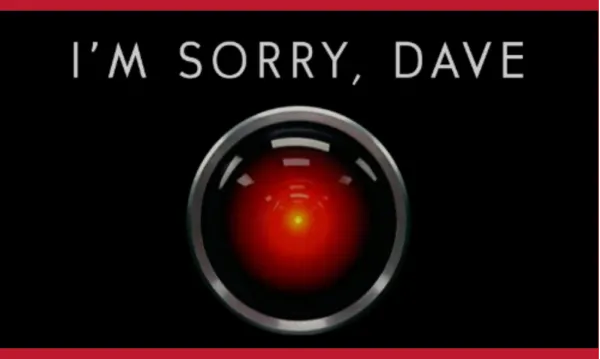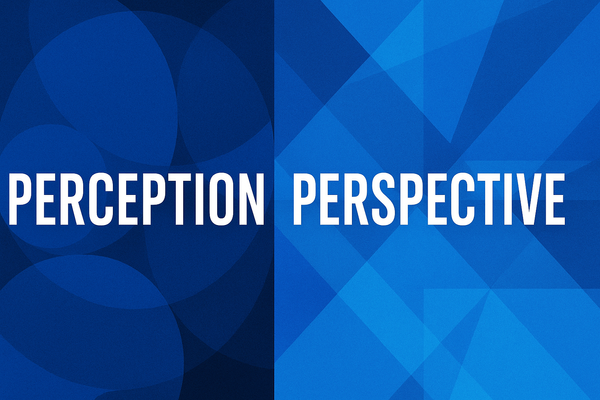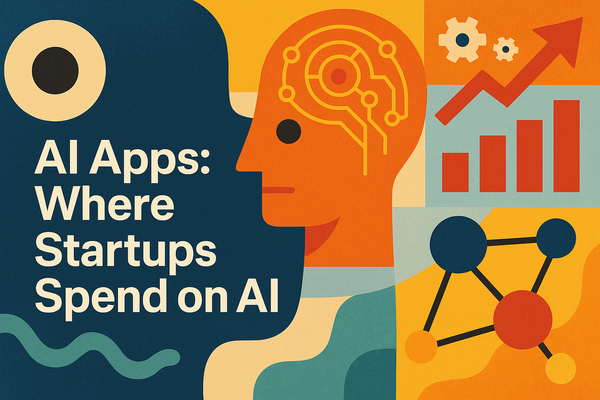The Paradox of Digital Conversation: What Hundreds of X Spaces Taught Me About Human Connection

In the spring of 2021, a team of researchers at the Proceedings of the National Academy of Sciences published a study that should have surprised no one, yet somehow managed to upend everything we thought we knew about social media. They analyzed more than 100 million pieces of content across Facebook, Twitter, Reddit, and Gab, measuring what they called the "echo chamber effect" - the aggregation of users in homophilic clusters where people interact primarily with like-minded peers. The results were striking: Facebook and Twitter showed the strongest tendency toward these self-reinforcing bubbles, where users' beliefs were amplified rather than challenged.
But here's what the researchers didn't study: what happens when people deliberately break out of these bubbles. What happens when someone who has spent hundreds of hours moderating conversations on X Spaces - those freewheeling audio rooms where anonymity and avatars give people permission to be both their best and worst selves - discovers patterns that contradict everything the algorithm is designed to do?
After hundreds of these conversations, I've arrived at four principles that seem almost embarrassingly obvious, yet are practiced with the frequency of a solar eclipse. They are principles that, when I trace them back through decades of psychological research, reveal something profound about human memory, neural architecture, and why most of our conversations fail before they even begin.
Be Ready to Be Uncomfortable
Research on echo chambers reveals that users with similar interests tend to form clusters where they receive reinforcing feedback rather than challenging views, eventually resulting in homogeneous groups that can amplify thoughts, beliefs, or behaviors. We know this intellectually. We nod along when someone mentions "filter bubbles" at a dinner party. But knowing something and experiencing it are entirely different neural events.
A 2023 study examining determinants of escape from echo chambers found something counterintuitive: those who spent more time on social media and had lower trust in media were actually more likely to reference differing views and were less susceptible to the echo chamber effect. In other words, the people who broke free weren't the ones who trusted everything they read - they were the skeptics, the ones comfortable with discomfort, the ones who had developed what the researchers called "critical scepticism."
This aligns with what I've observed in X Spaces. The conversations that crackle with energy, that leave participants changed rather than merely confirmed, are the ones where someone shows up ready to have their assumptions challenged. Not to win. Not to perform. But to actually think harder than they're used to thinking.
Listen First. Listen Again.
Listen Some More.
In 1957, psychologist Carl Rogers coined the term "active listening," though he would later come to despise how it was misunderstood and reduced to technique. Rogers wrote that "active listening is an important way to bring about changes in people" and that "despite the popular notion that listening is a passive approach, clinical and research evidence clearly shows that sensitive listening is a most effective agent for individual personality change and group development."
But the neuroscience of what happens when someone truly listens is even more remarkable. A 2014 study using fMRI scans found that when participants perceived active listening behavior, it activated the ventral striatum - the brain's reward center - and improved their impression of relevant experiences. In other words, being listened to doesn't just feel good in some vague, emotional sense. It literally triggers the same neural circuits activated when we receive tangible rewards.
Research on romantic couples found that active listening was positively related to problem-solving, relationship stability, and perceived problem solvability, and negatively related to intrusive thoughts during arguments. In organizational studies in Japan, employees with lower levels of psychological stress had supervisors who regularly used active listening in discussions.
Yet most of us don't listen. We wait for our turn to speak. We rehearse our responses. We filter what we hear through our own experiences, looking only for the parts that confirm or challenge our existing beliefs. This is why the second principle flows naturally from the first: you cannot truly listen if you're not willing to be uncomfortable with what you might hear.
Do Not Project Yourself in Everything
Here's where the psychology gets particularly interesting. When someone shares a problem or concern, our instinct is immediate and powerful: we want to relate it to our own experience. "Oh, that happened to me too!" we say, before they've even finished speaking. We think we're being empathetic. We think we're building connection.
Carl Rogers defined empathy as experiencing and communicating an empathic understanding of the client's internal perspective - not projecting your own experience onto theirs. Rogers described empathy as a process in which the therapist "temporarily live[s] in the patient's world, moving about in it delicately without making judgments, not trying to uncover feelings of which the person is totally unaware since this would be too threatening."
This is why "Tell me more about it" might be the five most powerful words in conversation. They signal something profound: This is your story, not mine. I am here to understand your experience, not to colonize it with my own.
Research on common factors in psychotherapy found that empathy is one of the strongest factors in bringing about change and learning, with an effect size of over 0.6. But that empathy must be what Rogers called "accurate empathy" - the listener's effort to hear the other person deeply, accurately, and nonjudgmentally, capturing the subtle nuances of their experience.
They Remember How You Made Them Feel
The quote is often attributed to Maya Angelou: "People will forget what you said, people will forget what you did, but people will never forget how you made them feel." The actual origin traces back to Carl W. Buehner in 1971, though the sentiment has been widely adopted and attributed to various sources.
But does the neuroscience support this folk wisdom? Remarkably, yes.
Research consistently shows that emotional experiences and stimuli are remembered vividly and accurately, with great resilience over time. A 2023 study at Columbia University identified that high-frequency brain waves in the amygdala and hippocampus are critical to enhancing memory for emotional stimuli, finding that participants remembered emotional words significantly better than neutral ones.
According to research, fact-based memories don't evoke the same level of engagement as emotional memories, making them more challenging to recall. This is why you might forget the specific advice someone gave you in a conversation, but you'll remember for years whether they made you feel heard, validated, dismissed, or judged.
The Convergence
What strikes me about these four principles is how they interlock, each one depending on and reinforcing the others. You cannot truly listen if you're only seeking comfort in agreement. You cannot avoid projection if you're not genuinely listening. And none of it matters if you forget that the emotional residue of the conversation - how someone felt during your interaction - will outlast any clever point you made.
The research on echo chambers shows us the problem: participants encounter self-reinforcing beliefs by communication and repetition inside a closed system, potentially leading to confirmation bias, selection bias, and correlation neglect. But the research on listening and emotional memory shows us the solution. When we create conversations that challenge us, where we listen deeply without projection, we're not just exchanging information - we're creating emotional memories that have the power to change how people think and feel.
I think about this every time I host an X Space now. The algorithm wants to show people more of what they already believe. The technology is designed for echo chambers. But humans - gloriously complicated, beautifully flawed humans - have the capacity to override all of it through the simple act of listening with the intent to understand rather than respond.
The paradox is this: in a medium designed for performance and projection, the most powerful thing you can do is shut up and listen. In spaces built for echo chambers, the most radical act is seeking discomfort. In conversations where everyone wants to be heard, the person who actually listens wins.
Or perhaps "wins" is the wrong word. Because when you truly listen - when you make someone feel heard without projecting your own experience onto theirs - nobody wins and everybody does. The conversation transcends transaction. And months later, they won't remember your brilliant insight. But they'll remember how it felt to be truly seen.
That's not a bug in human psychology. It's the feature that makes us human.




